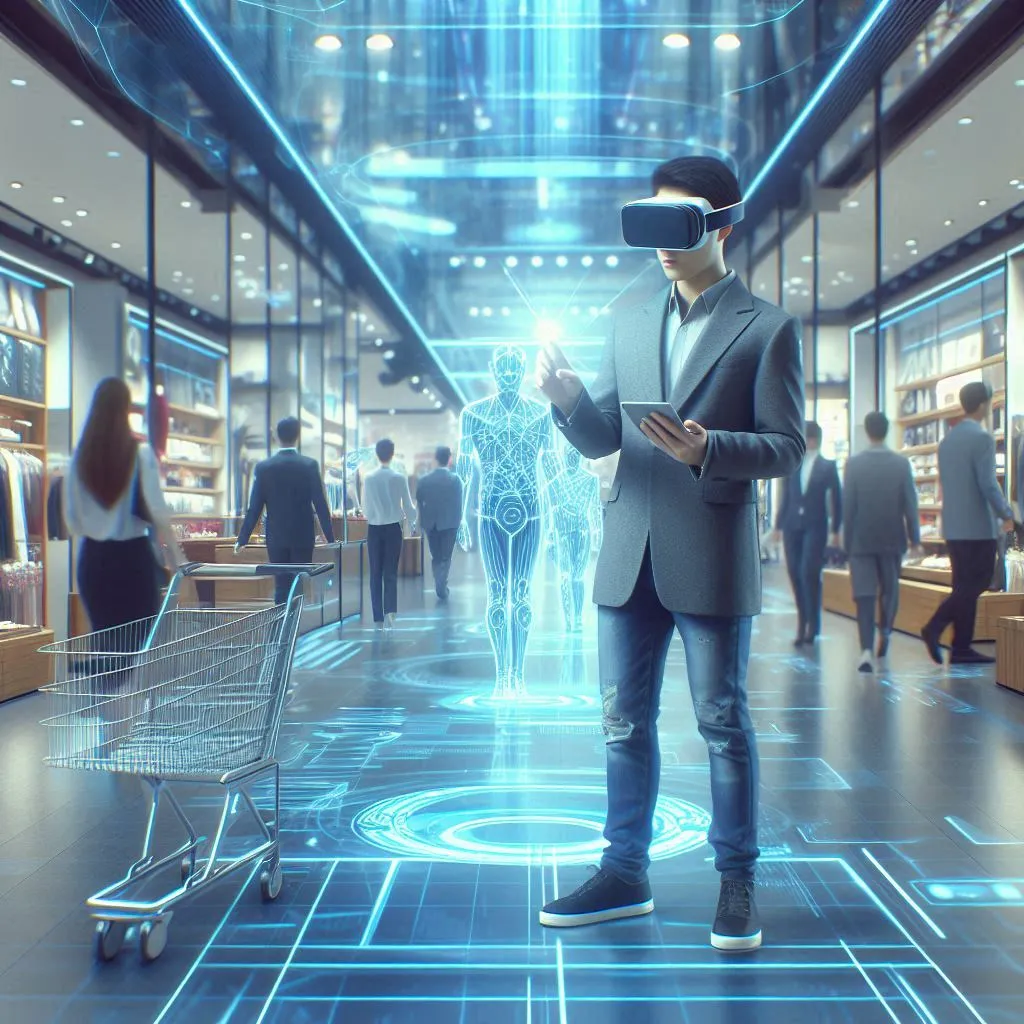Artificial Intelligence (AI) has rapidly emerged as a transformative force in retail, revolutionizing how businesses operate and engage with customers. Retailers leverage AI to streamline operations, enhance customer experiences, and offer highly personalized shopping experiences. our article explores how AI shapes the retail industry and drives significant growth.
Streamlining Operations with AI
One of the primary ways AI is transforming retail is by optimizing operations. AI-powered systems can automate various aspects of inventory management, supply chain logistics, and demand forecasting, significantly reducing manual work and human error. For instance, AI algorithms can predict inventory needs with high accuracy, ensuring that stores are stocked appropriately to meet customer demand while minimizing excess inventory. This reduces the costs associated with overstocking and stockouts.
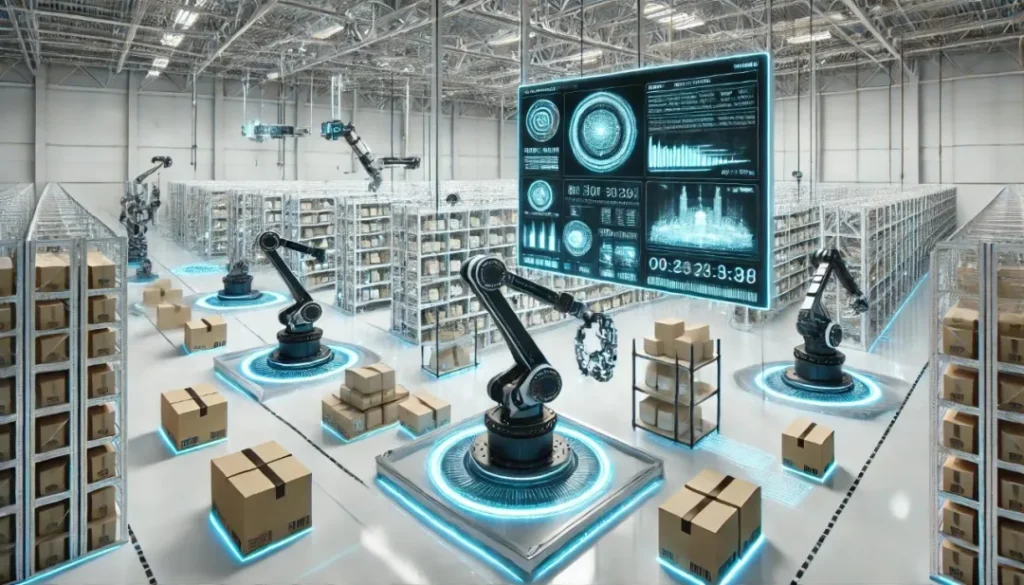
Additionally, AI is improving supply chain efficiency by providing real-time insights into shipping and logistics. Machine learning models can predict potential disruptions and recommend alternative routes or modes of transport, allowing companies to respond quickly to unforeseen issues. This real-time adaptability enhances the overall efficiency of the supply chain, leading to faster delivery times and increased customer satisfaction.
Enhancing Customer Experiences
AI plays a pivotal role in enhancing the in-store and online shopping experiences. Chatbots and virtual assistants powered by AI can provide instant customer support, answering common queries and assisting with purchases at any time of day. This 24/7 availability increases customer convenience and helps retailers save on staffing costs. By understanding how customers move through the store, retailers can optimize store layouts, improve product placement, and create targeted marketing campaigns. Some stores are even using AI to enable cashier-less checkouts, where customers can simply grab items and leave the store, with purchases automatically charged to their accounts.
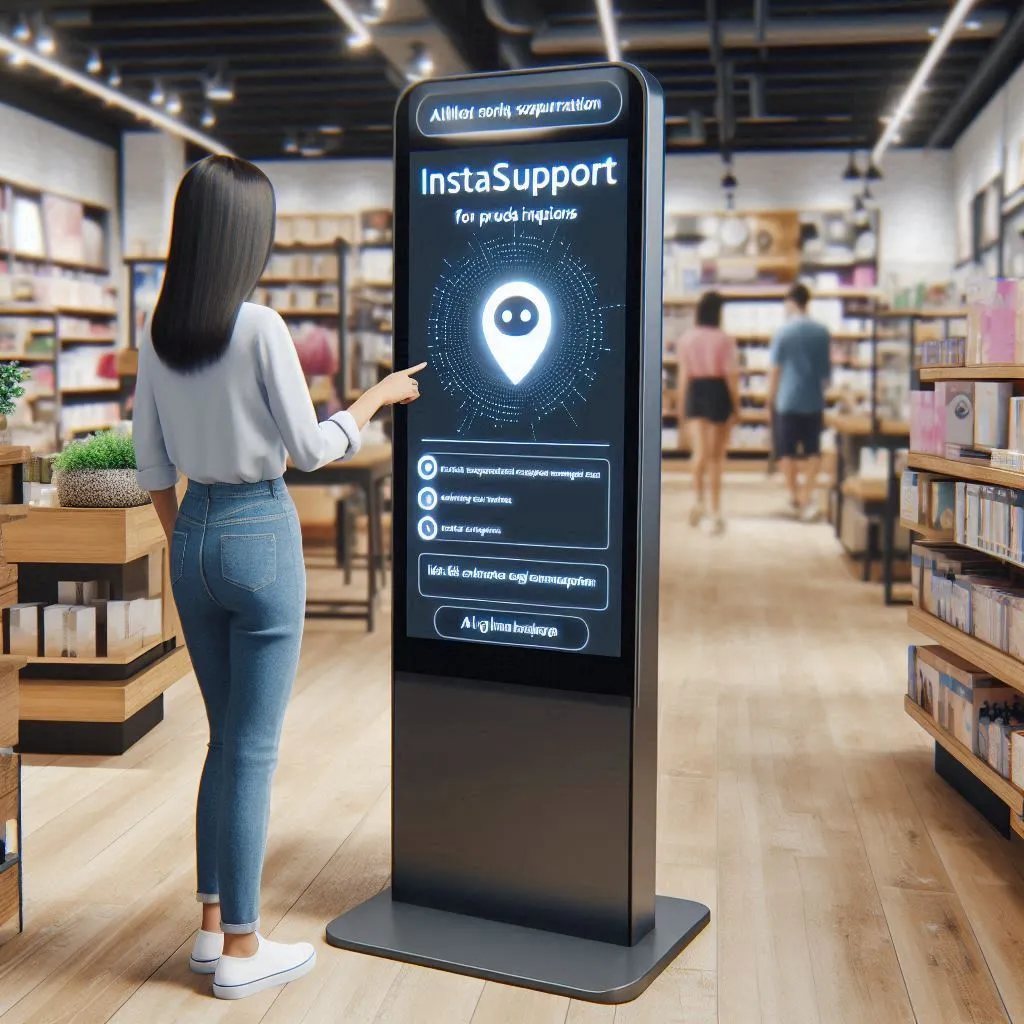
Personalizing the Shopping Experience
Personalization is a significant trend in retail, and AI is at the heart of it. Retailers are using AI to analyze customer data, such as browsing history, past purchases, and social media activity, to create highly personalized shopping experiences. This can manifest in personalized product recommendations, tailored promotions, and individualized marketing messages that resonate with customers on a personal level.
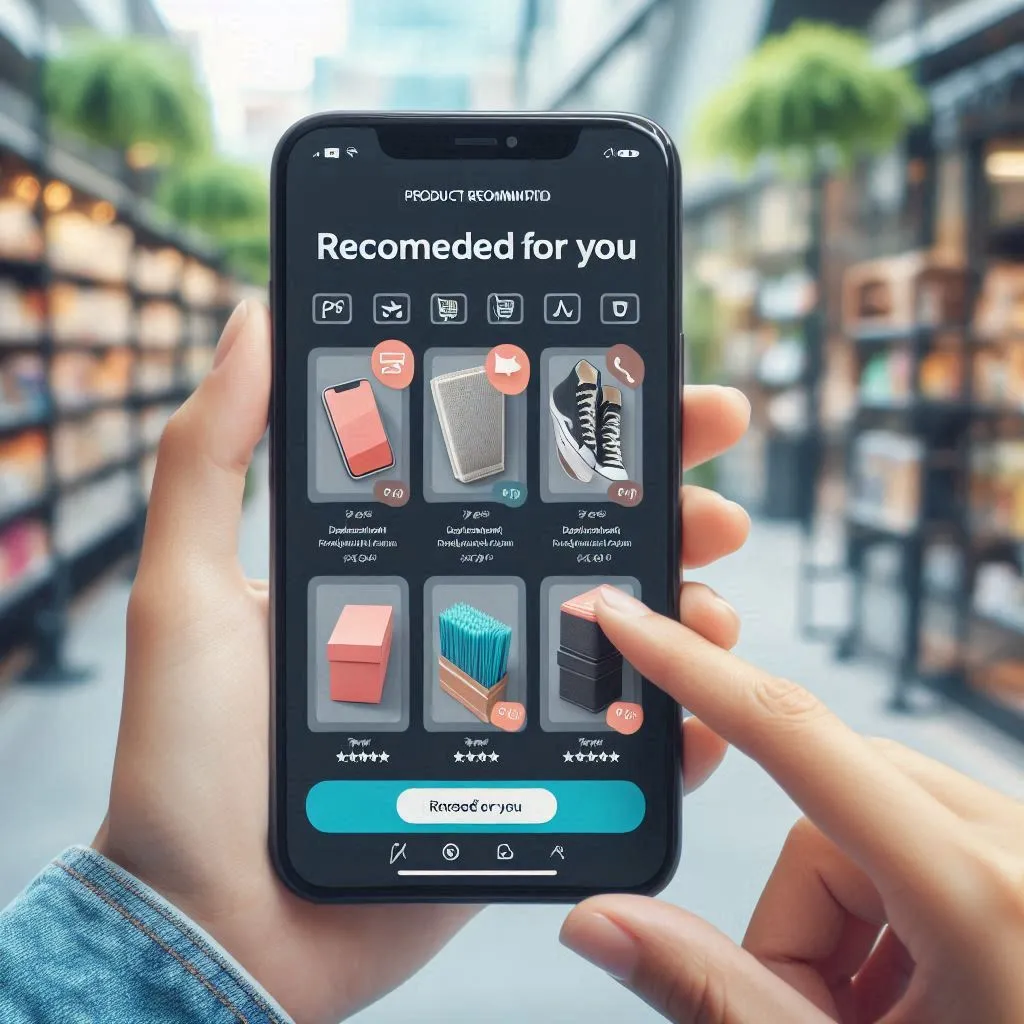
AI algorithms can also predict future buying behavior by analyzing patterns and trends in the data. For example, if a customer frequently buys skincare products, the retailer might send personalized offers on new skincare lines or related products. This level of personalization not only improves the customer experience but also increases sales by encouraging repeat purchases.
Challenges and Considerations
While AI offers many benefits for retailers, some challenges must be addressed. Privacy concerns arise as AI systems require access to large amounts of customer data, making compliance with data protection regulations essential.
Algorithmic bias is another issue, as AI algorithms trained on biased or non-inclusive datasets may produce discriminatory outcomes, especially against underrepresented groups like LGBTQ+ individuals. For example, facial recognition technology in retail may struggle to accurately identify transgender or non-binary customers, potentially leading to uncomfortable experiences. To address these issues, retailers should use inclusive datasets, audit algorithms regularly, and involve diverse perspectives in AI development.
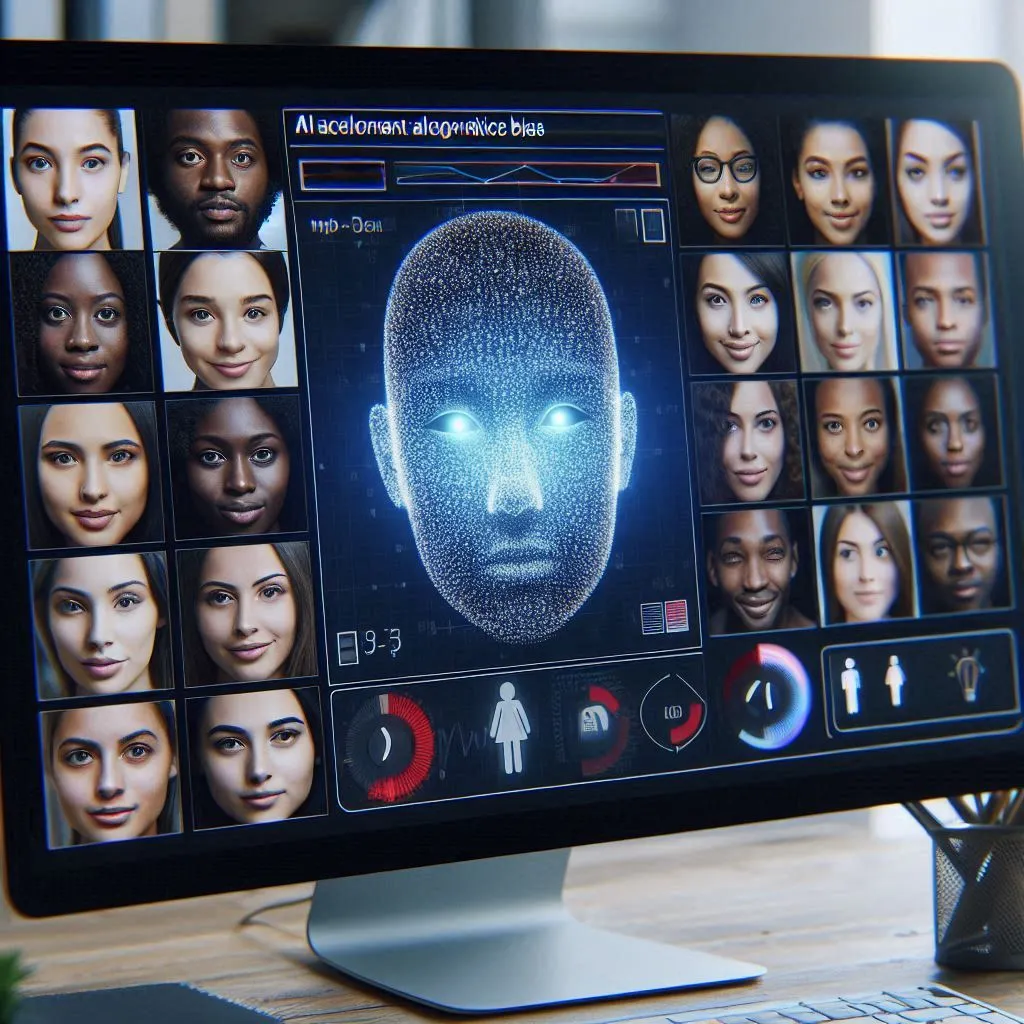
Aside from discrimination risks, the initial cost of implementing AI technologies can be a barrier, especially for smaller retailers. Though AI offers long-term savings and potential revenue growth, the upfront expenses for developing, deploying, and maintaining these systems can be prohibitive. Moreover, AI systems require ongoing updates and maintenance to continue functioning optimally and to address any emerging biases or discriminatory behaviors.
The Future of AI in Retail
The future of AI in retail looks promising, with the potential to drive even more innovation. As AI technologies continue to evolve, retailers can expect more sophisticated tools for predicting customer behavior, managing inventory, and automating tasks. The integration of AI with other emerging technologies such as augmented reality (AR) and the Internet of Things (IoT) will further transform the shopping experience, creating new growth opportunities.
